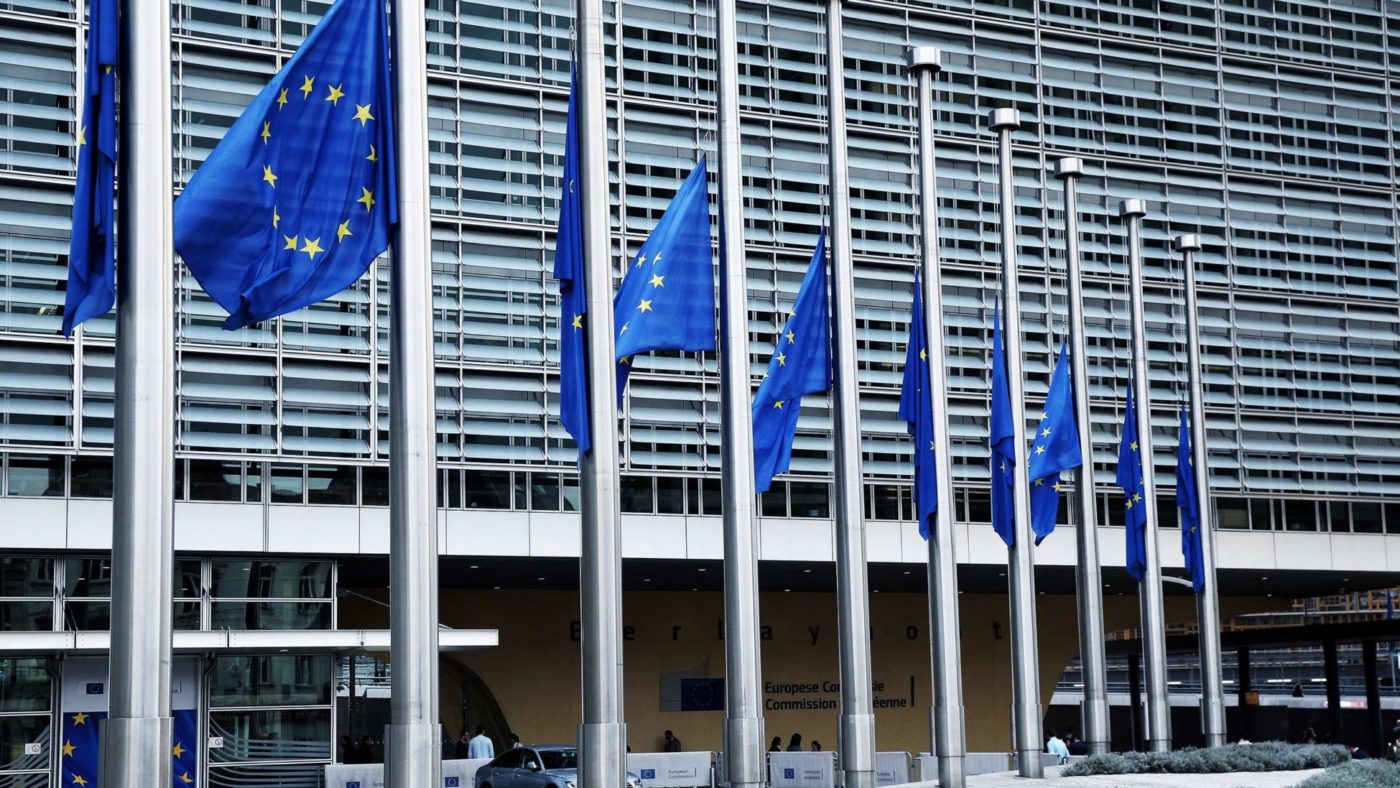In the 2016 stage of the primary real estate investment cycle, New York city overtook London as the primary dance partner for capital flow, after a record US transaction volume in 2015. Then in 2017, after the Brexit vote for the first time, the 3 largest cities in Germany (Frankford Berlin Munich) overtook London attracting global investors to Europe. Hong Kong is the most expensive market followed by London and Tokyo. In Europe, the majority of the acquisitions has been EU investors. While London’s perpetual conjecture dominate the Brexit process. In early January 2019, the US top ten banks announce that they were leaving London whether it accepted the EU integration or not. Morgan Stanley, Goldman Sachs, BOA and Citi stated that were transferring $700 billion in assets mainly to Germany. In 2018 France had a record year with 30 billion euros invested in CRE surpasses London. There also has been an increased level of capital flow into the office markets in Luxembourg, Denmark, and other European cities. The top 10 cities in 2018 for cross-border investment are London (in the top spot), Hong Kong, Paris, Amsterdam, Madrid, New York, Berlin, Shanghai, Tokyo, and Cos Los Angeles. Toronto became the first Canadian city to enter the top 25 in five years.
BASAR GLOBAL INSIGHTS ON COMMERCIAL REAL ESTATE
The Five Year CRE Investment Cycle for top Global Cities 2015-2020
Article Index
-
- Basar Global Insights on Commercial Real Estate
- Global Capital Flow
- 2018-2023 Emerging Cities
- Home Bias Investing
- The Five Year Cre Investment Cycle for Top Global Cities 2015-2020
- China Cre Investment Value Shift
- Saudia Arabia Cre Value Investment Opportunity 2019-2026
- India Cre Global Investment Integration
- Asia Pacific Cre Investment Cycle
- Singapore Investment Market 2018-2022
- Malaysia Cre Market 2018-2023
- Thailand Cre Investment Market 2018 -2024
- Indonesia Cre Investment Market 2018-2023
- Western Asia Cre Investment Markets
- Brazil Cre Investment Market 2018-2023
- Africa Cre Investment Market Development 2019-2028
- Joint Ventures Global Investment Vehicle 2019-2023
- Blockchain Investment Tool 2021-2027
- European Cre Investment Market 2018-2023
- US Cre Investment Market Cycle 2016-2025
- The Stealth Bubble 2018-2023
- Global REITs and Infrastructure Investment Trends 2018-2024
- US Market Hedging Trends to Diversification
- Global Portfolio Diversification 2019-2024
For the last five year, the Asian and Gulf states investors have been the primary investor to underpin real estate values in both the US and Europe,
both home bias populist mature economies evolving through stages of arrested development concerning real GNP. However, in October of 2018 China became a net seller at the tune $845M dollars in US commercial real estate assets. There were some over leveraged Chinese investors allured by high-quality low default trophy assets and shadow banks. Dalian Wanda, HNA, An bang and Fosun International Ltd the trophy crew. High-quality trophy properties offer low default rates which made the Chinese investor adverse to unforeseen risk. The celebrity of deal-making and low default rates cause Chinese investors to become complacent to leverage and more risk-tolerant in 2016. So the shadow banks issue more leverage and they bought lower quality property assets 2016. Lower-quality debt issuance eventually was tested by the Chinese premier Xi Jiping recalling outbound capital which gave rise to increased defaults as Chinese investors had to sell the property at the declining stage of peak pricing in 2018. Some investors bought trophy property assets at top prices and then moved down the value chain. In 2019 the Chinese government has ordered an investigation into the loans of the top overseas deal makers of 2017.

